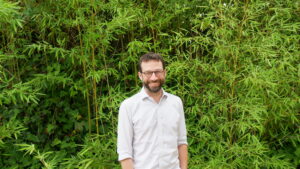Montse Núñez is research engineer with a background in the environmental assessment of processes and products (year 2004) and Ph.D. in environmental sciences (year 2011) from the Universitat Autonoma de Barcelona (Spain).
The thesis focused on the development of the Life Cycle Assessment (LCA) tool to incorporate environmental impacts derived from the use of water and land, two resources that until that moment were hardly ever included in conventional LCA, although are essential for evaluating environmental performance of human intensive resource activities (e.g., agriculture). She has participated in LCA research projects such as the LC-IMPACT project (www.lc-impact.eu), the Ecotech-Sudoe project (http://www.ecotechsudoe.eu/) and the On Cultivos project (www.oncultivos.es/english).
Currently researcher of the Industrial Chair ELSA-PACT – Environmental Life cycle and Sustainability Assessment: a PAthway to Competitiveness through social & ecological Transition at Irstea, in Montpellier. The position deals with the improvement of water footprint metrics in LCA as well as the participation in thesis co-supervision.
Latest contributions to scientific publications in peer-reviewed journals:
Núñez M, Pfister S, Vargas M, Antón A. Spatial and temporal specific characterisation factors for water use impact assessment in Spain. The International Journal of Life Cycle Assessment, in press
Antón A, Torrellas M, Núñez M, Sevigné Itoiz E, Amores MJ, Muñoz P, Montero JI. (2014) Improvement of Agricultural LCA studies through spatial differentiation and new impact categories: Case Study on Greenhouse Tomato Production. Environmental Science and Technology, 48 (16): 9454-9462
Risch E, Loubet P, Núñez M, Roux P. (2014) How environmentally significant is water consumption during wastewater treatment plant?: Application of recent developments in LCA to WWT technologies used at 3 contrasted geographical locations. Water Research, 57: 20-30
Loubet P, Roux P, Núñez M, Belaud G, Bellon-Maurel V. (2013) Assessing water deprivation at the sub-river basin scale in LCA integrating downstream cascade effects. Environmental Science and Technology, 47: 14242-14249
Núñez M, Pfister S, Roux P, Antón A. (2013) Estimating water consumption of potential natural vegetation on global dry lands: building an LCA framework for green water flows. Environmental Science and Technology, 47 (21): 12258-12265
Civit B, Arena AP, Núñez M, Muñoz P, Antón A, Rieradevall J. (2013) Assessing potential desertification environmental impact in life cycle assessment. Part 2: agricultural case study in Spain and Argentina. The International Journal of Life Cycle Assessment, 18 (7): 1302-1315
Núñez M, Antón A, Muñoz P, Rieradevall J. (2013) Inclusion of soil erosion impacts in life cycle assessment on a global scale: application to energy crops in Spain. The International Journal of Life Cycle Assessment, 18 (4): 755-767
Hospido A, Núñez M, Antón A. (2013) Irrigation mix: how to include water sources when assessing freshwater consumption impacts associated to crops. The International Journal of Life Cycle Assessment, 18 (4): 881-890
Kounina A, Margni M, Bayart, J-B, Boulay A-M, Berger M, Bulle C, Frischknecht R, Köhler A, Milà i Canals L, Motoshita M, Núñez M, Peters G, Pfister S, Ridoutt B, van Zelm R, Verones F, Humbert S. (2013) Review of methods addressing freshwater availability in life cycle inventory and impact assessment. The International Journal of Life Cycle Assessment, 18 (3): 707-721
Núñez M, Pfister S, Antón A, Muñoz P, Hellweg S, Koehler A, Rieradevall J (2013) Assessing the environmental impacts of water consumption by energy crops grown in Spain. Journal of Industrial Ecology, 17 (1): 90-102
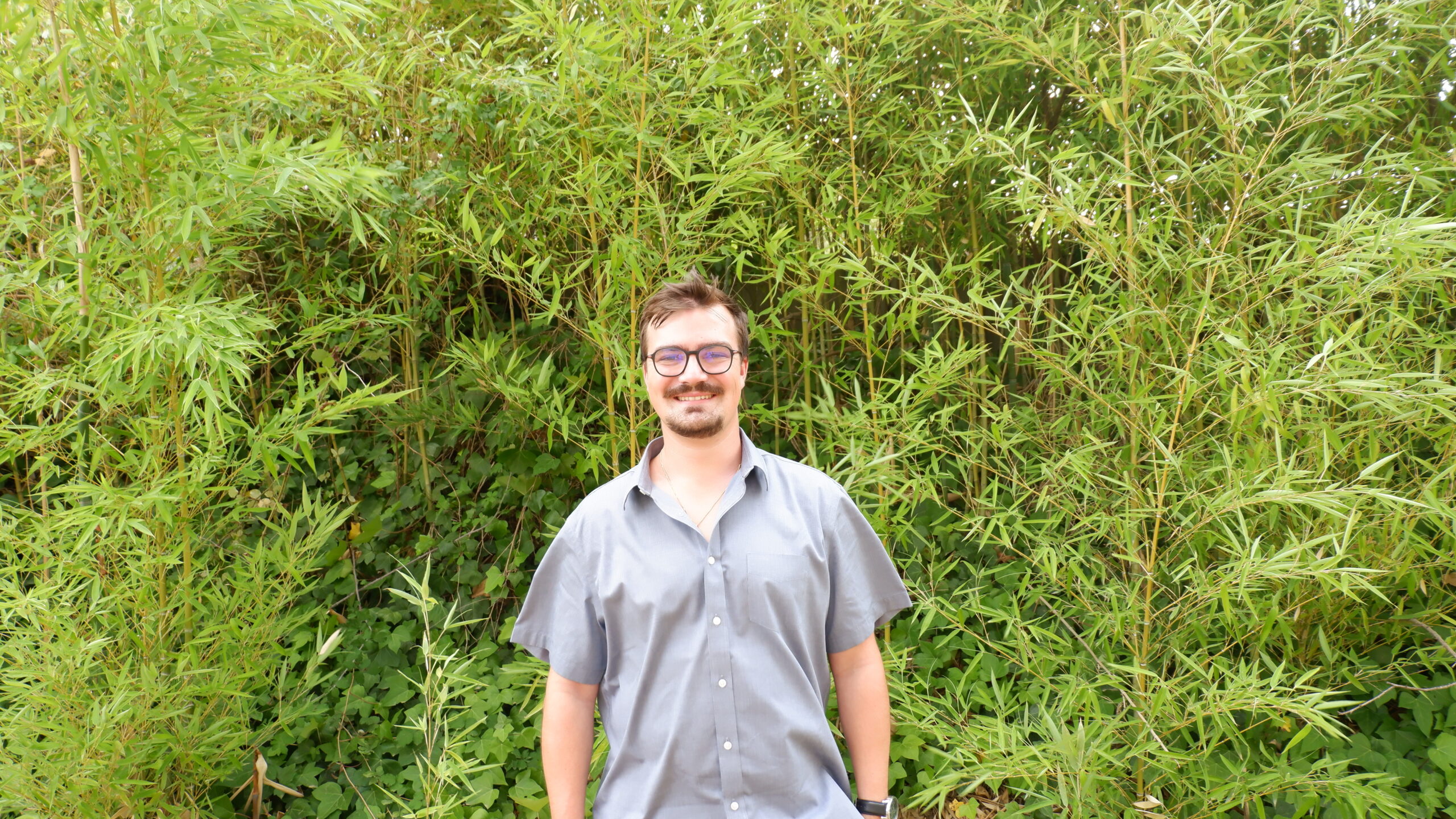

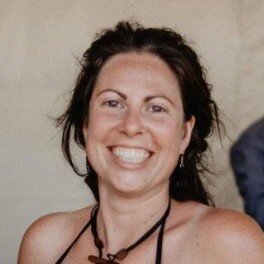 Since March 2022, Karine Dufossé is a research engineer in the ELSA team of the UMR ITAP at INRAE. She is currently working on the European project MULTISOURCE (evaluation of nature-based solutions for urban water treatment, https://multisource.eu/), with the use of life cycle assessments (LCA) at the scale of technologies and then of the territory; and soon on the CALALOU project (evaluation of local agriculture in Guadeloupean food and nutrition https://umr-moisa.cirad.fr/l-unite/projets-de-recherche/public-projet-calalou).
Since March 2022, Karine Dufossé is a research engineer in the ELSA team of the UMR ITAP at INRAE. She is currently working on the European project MULTISOURCE (evaluation of nature-based solutions for urban water treatment, https://multisource.eu/), with the use of life cycle assessments (LCA) at the scale of technologies and then of the territory; and soon on the CALALOU project (evaluation of local agriculture in Guadeloupean food and nutrition https://umr-moisa.cirad.fr/l-unite/projets-de-recherche/public-projet-calalou).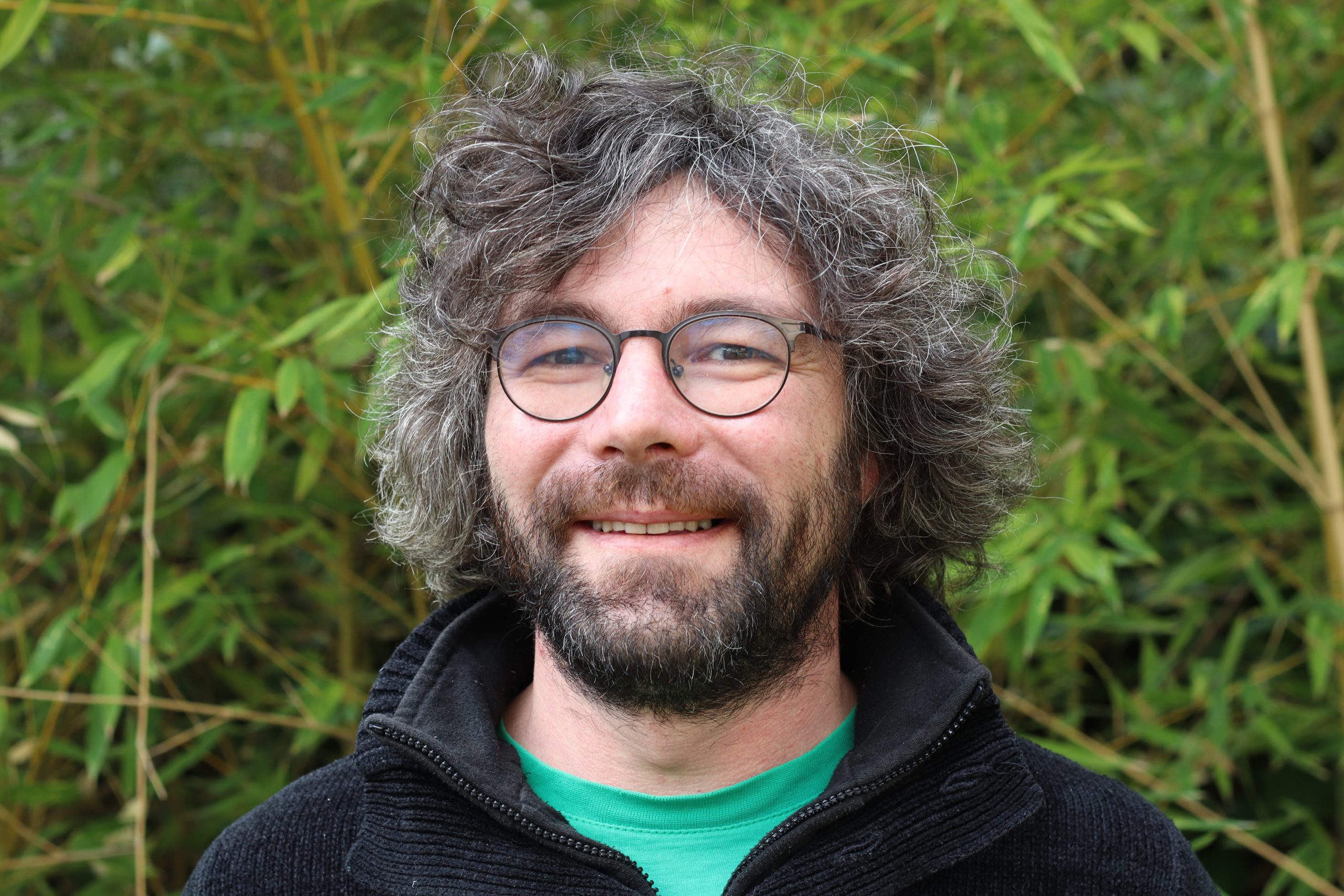

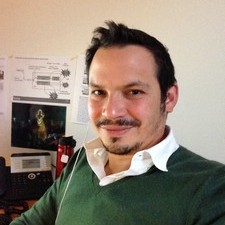

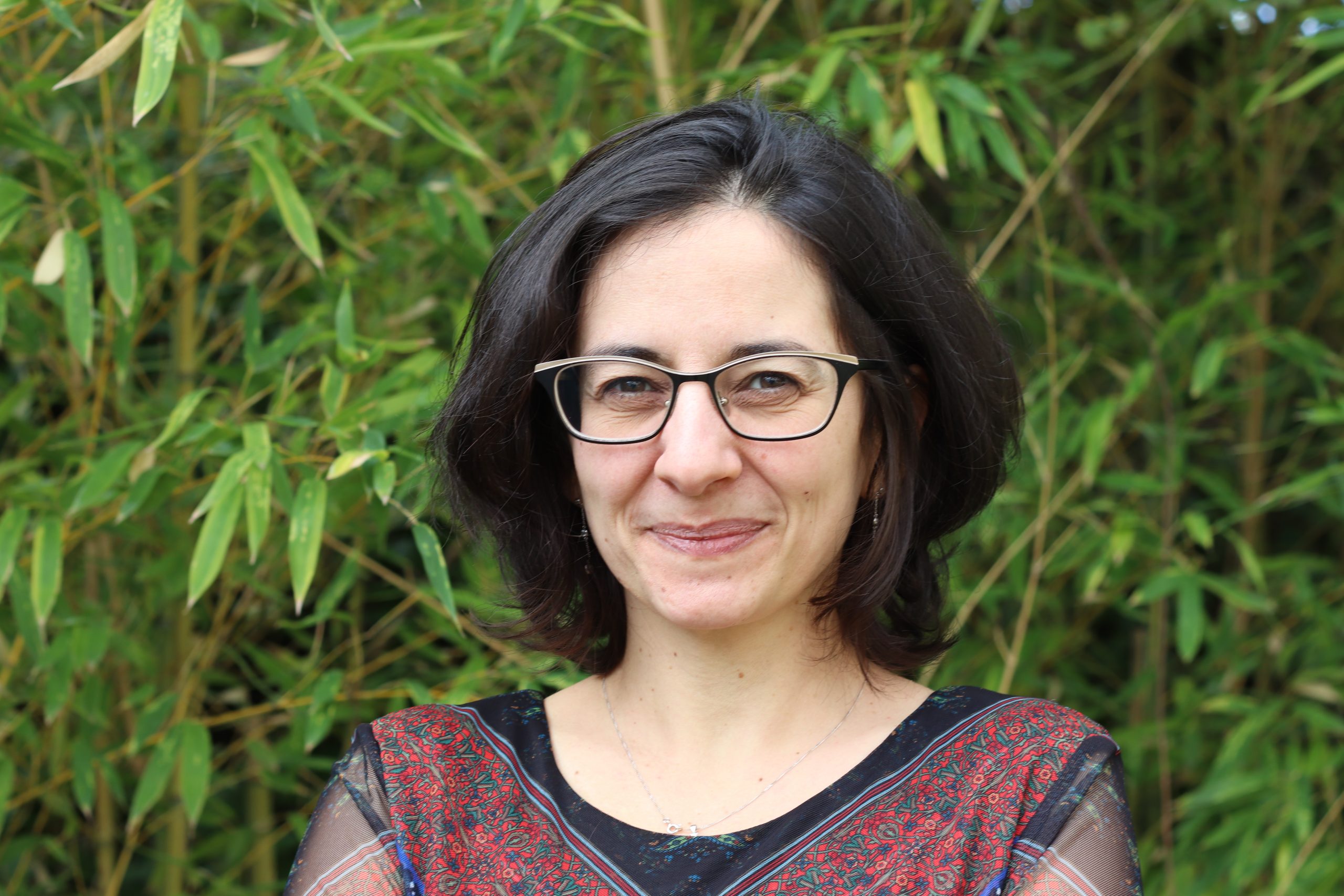 Eléonore Loiseau graduated from AgroParisTech (Master’s degree, 2008) and from AgroParisTech – Engref (Post-Master degree for Management and Administration in environmental sciences and policies, 2010). She did her PhD thesis at ELSA on methodological proposals for performing an environmental assessment of territories based on the Life Cycle Assessment (LCA) framework, with an implementation in the French Mediterranean case study of ‘Bassin de Thau’. Since 2014, she has been working as a researcher in Irstea ITAP unit developing research on “territorial LCA” approach.
Eléonore Loiseau graduated from AgroParisTech (Master’s degree, 2008) and from AgroParisTech – Engref (Post-Master degree for Management and Administration in environmental sciences and policies, 2010). She did her PhD thesis at ELSA on methodological proposals for performing an environmental assessment of territories based on the Life Cycle Assessment (LCA) framework, with an implementation in the French Mediterranean case study of ‘Bassin de Thau’. Since 2014, she has been working as a researcher in Irstea ITAP unit developing research on “territorial LCA” approach.